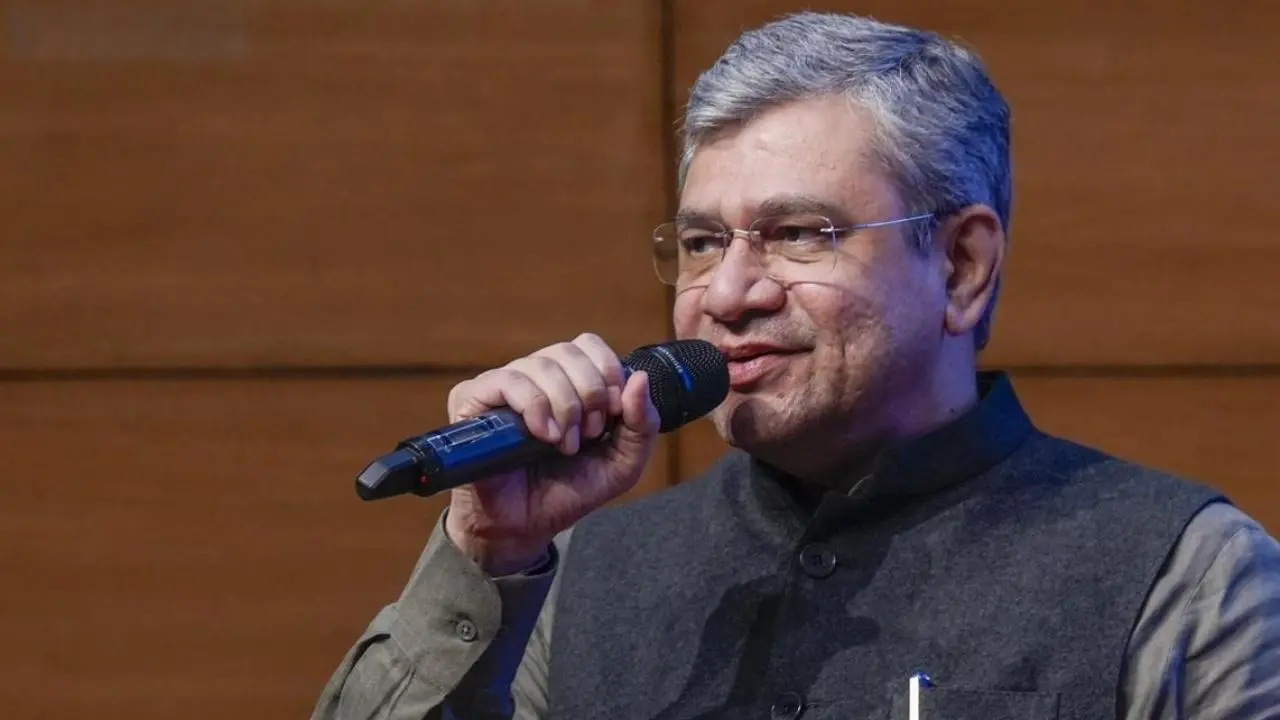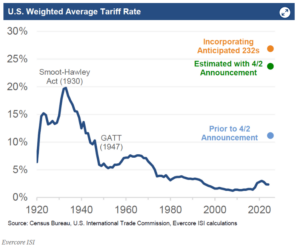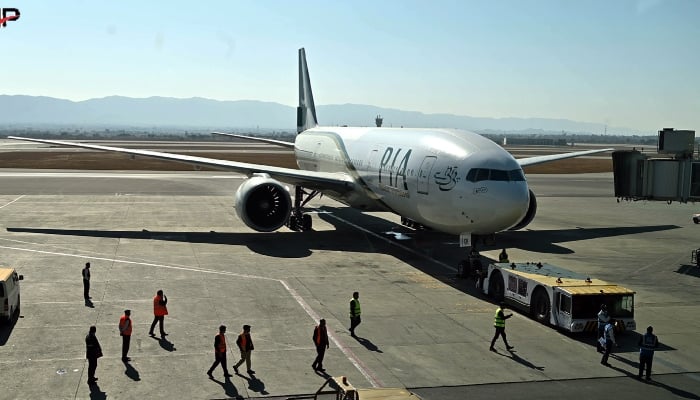PORT HARCOURT – The president of the African Development Bank (AfDB), Akinwumi Adesina, has stated that the implementation of the special agro-industrial processing zones (SAPZ) in Nigeria will boost the economic potential of Nigeria’s agricultural sector to reduce food imports and create jobs. Adesina, who in chats with Daily Independent, explained the economic potentials of SAPZ during the groundbreaking of the project in Calabar, described the initiative as transformative, saying it would unlock the economic potential of Nigeria’s agricultural sector. The AfDB president said with abundant arable land, affordable labour, and diverse agro ecological zones, Nigeria should not be importing food but achieving full self-sufficiency and becoming a major exporter of agricultural commodities.
“By taking advantage of the special agro-industrial processing zones, Nigeria will now have the infrastructure and industrial platform to transform all its food and agricultural commodities,” Adesina said. “What a day we are celebrating today. The special agro-industrial processing zones will reduce food imports, conserve foreign exchange, expand production and processing of food and agricultural commodities.

“It will strengthen the naira, and attract significant private investment in agricultural value chains. “The SAPZs will also revive and transform rural economies and create millions of jobs.” Adesina commended the Federal Government for its dedication and firm political will under President Bola Tinubu, noting that this has been crucial in implementing the zones across several states.
He also praised Vice-President Kashim Shettima for his unwavering support to the project. “You have been the promoter, the facilitator, and the enabler of this vision. Your commitment speaks volumes,” the AfDB president said.
Adesina, said $510 million had been secured for the first phase of the SAPZ programme across eight states and the federal capital territory (FCT), with plans to expand to 28 states in the second phase. The expansion, he said, would be backed by $2.2 billion from development partners.
Speaking at the event, Bassey Otu, Cross River governor, reaffirmed his administration’s dedication to harnessing the state’s vast agricultural potential to drive economic diversification and job creation. “Our plan is to move from a non-renewable resource base to a sustainable agricultural economy that brings prosperity to every part of Cross River state,” Otu said. He said the state would leverage its comparative advantage in the production of cocoa, palm oil, rice, and banana.
The governor said the state would also utilise its infrastructure, including the proposed Bakassi deep sea port, Obudu cargo airport, and Calabar-Budu rail line, to support agro-industrialisation. Shettima, in his remarks, reiterated the administration’s commitment to implementing policies aimed at achieving food security, fostering economic growth, and promoting inclusive development. The event was attended by several dignitaries, including Abubakar Kyari, minister of agriculture and food security, along with other government officials, senior AfDB representatives, development partners, and key stakeholders.
It would be recalled that Shettima, on April 8, flagged off the construction of SAPZ in Kaduna state. He described the project as a “presidential priority project” and a direct response to the longstanding challenges facing Nigeria’s agricultural value chain, including poor infrastructure, limited access to markets, and low value addition..
Business

SAPZ Project Will Create Jobs, Reduce Food Imports — Adesina

PORT HARCOURT – The president of the African Development Bank (AfDB), Akinwumi Adesina, has stated that the implementation of the special agro-industrial processing zones (SAPZ) in Nigeria will boost the economic potential of Nigeria’s agricultural sector to reduce food imports and create jobs. Adesina, who in chats with Daily Independent, explained the economic potentials of [...]















